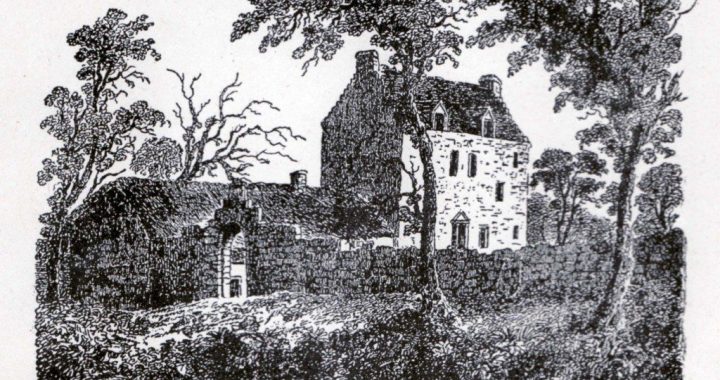There are many tales of witches and wizards from biblical times to the present-day, but nothing in comparison to the actions of the reformed churches after they denounced the Church of Rome, accusing it of being in league with the devil himself. From a misunderstood text in the old testament (Exodus 22.18) “Thou shalt not suffer a witch to live” the church in Scotland embarked on a dark and evil pathway towards legalised murder in the guise of piety. Acting on this slender foundation, an Act of Parliament was passed in 1563 that would lead to thousands of men women and children tortured in the most heinous manner, strangled and burnt at the stake. Less fortunate individuals in England were burned alive. Accounts of these trials and executions that we find on record in Scotland total 4400 victims. Europe wide the estimate was 50,000. Many were not recorded and the exact number will never be known.
Renfrewshire was late in taking up the challenge of eradicating Witches and nearly one hundred years passed before it raised its ugly head in the Shire. The year 1664 saw John Hamilton minister of Inverkip charged with taking a bribe of 50 merks from an alleged witch he was protecting. He was discharged and the poor woman in question died in prison before her trial. For the next thirty years Inverkip had the reputation as a centre of black magic. Other towns of note were Greenock with Kilmacolm and Inchinnan a close third.
Paisley was rather slow with its involvement in witchcraft, but they made up for that in 1676 when Sir John Maxwell of Pollock died. Five witches and a warlock were accused of procuring his death using a wax image, sticking pins in it, and melting the image at a fire. Five were found guilty and garrotted then burnt on the Gallowgreen on the 20th February 1677.
The most notorious witch trials that took place in Scotland relate to the bewitching of Christian Shaw, daughter of the Laird of Bargarran, a small estate on the road between Bishopton and Erskine Ferry. Christian’s father had paid a visit to America at the time of the Salem witch trials and it is thought Christian, having overheard a conversation, took revenge on a servant claiming that the servant bewitched her. The case was reported to the Privy Council in January, 1697. Wholesale arrests were made throughout the county of Renfrew, the victims were handed over to the pricker, stripped naked and had their body checked for places that did not bleed when punctured with a large darning needle. If found, these blood-free spots were immediately declared to be the Devil’s mark. The accused victims’ fates were sealed. A total of twenty one men and women were put on trial. Of these, three men and four women were held to be involved in the bewitching of Christian Shaw and sentenced to death by throttling and burning on Gallowgreen on 10th June, 1697. One of the commissioned judges was William Cunningham of Craigends (see April Advertizser), who was later made an honorary burgess of Paisley. When the Bargarran witches had been disposed of, Christian Shaw made a remarkable recovery and went on to be a very successful business woman.
The 1563 Act was repealed in 1736, with the last execution of a witch in Scotland taking place at Dornoch in 1722.
© 2020, Peter Crawford

